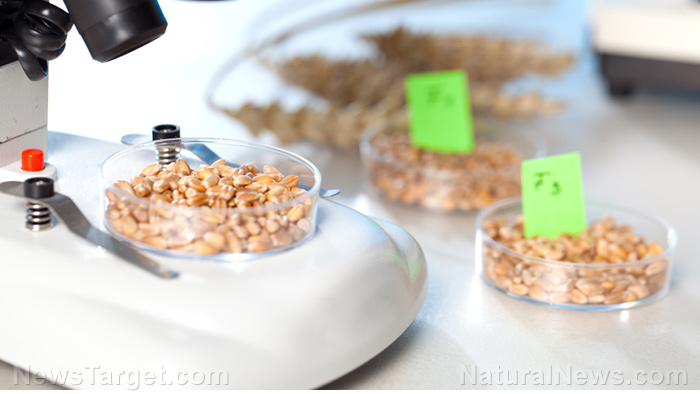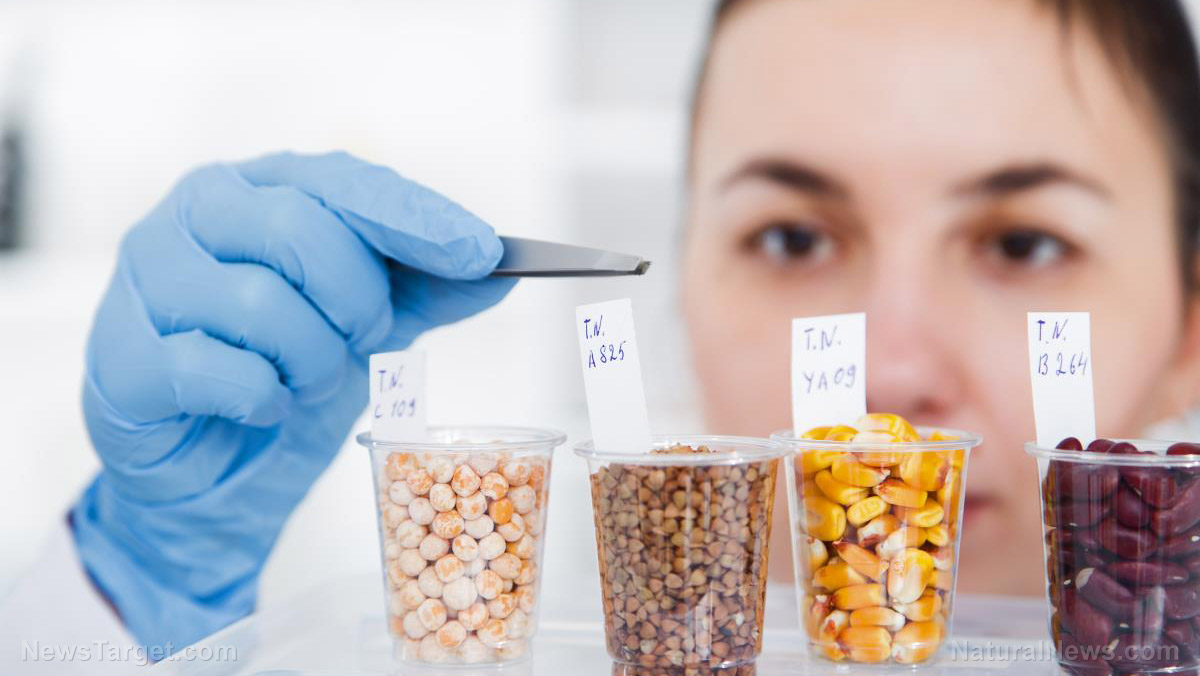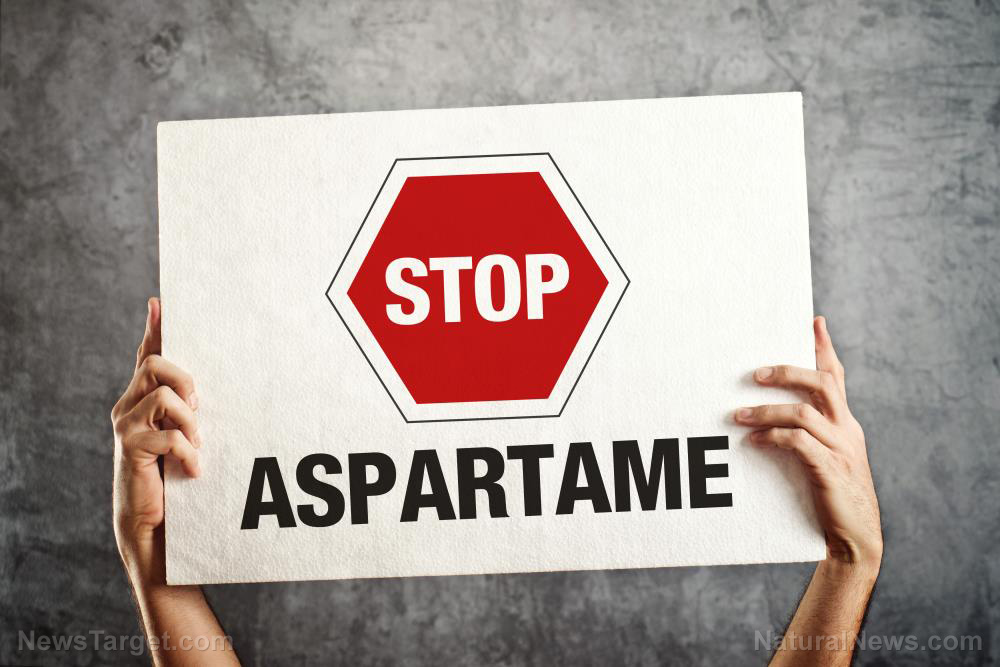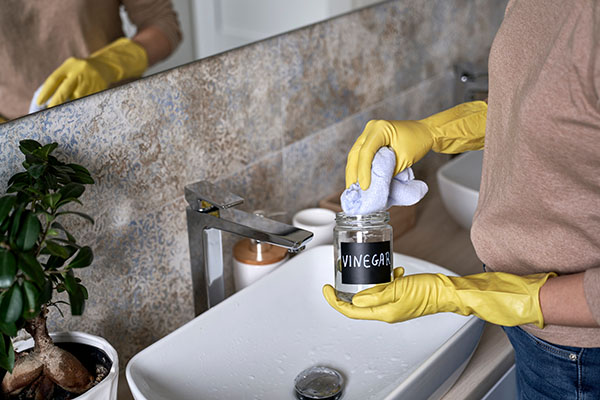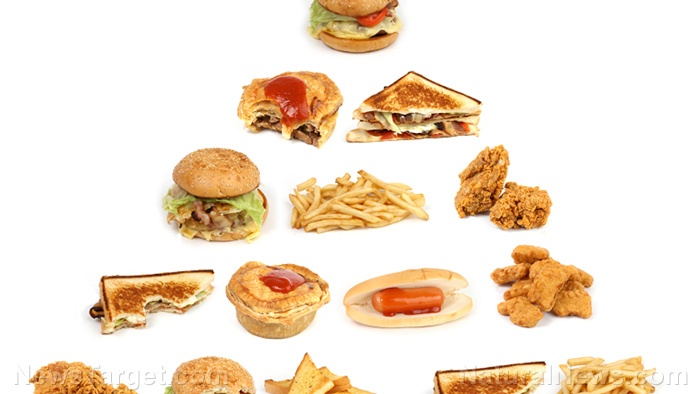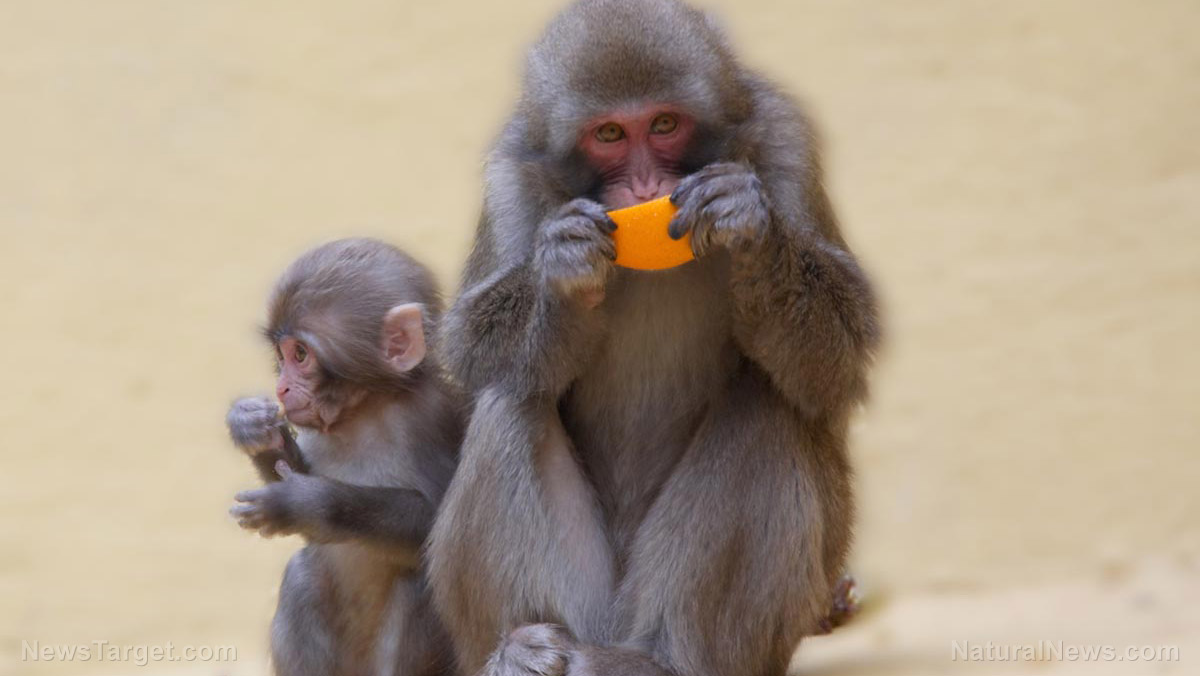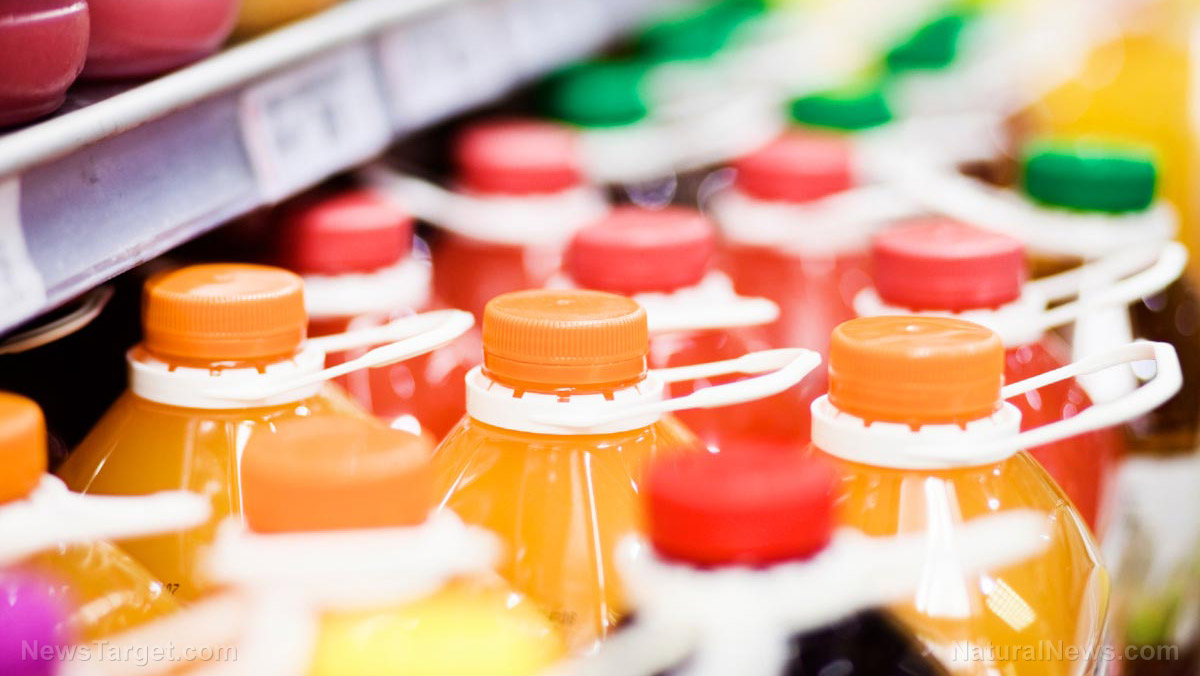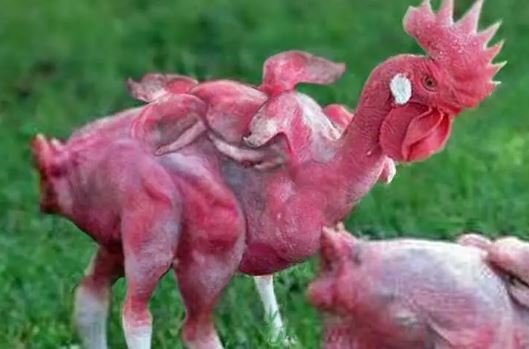CONFLICTING REVIEWS: JEFCA endorses aspartame despite WHO’s carcinogenicity assessment of the artificial sweetener
07/21/2023 / By Belle Carter
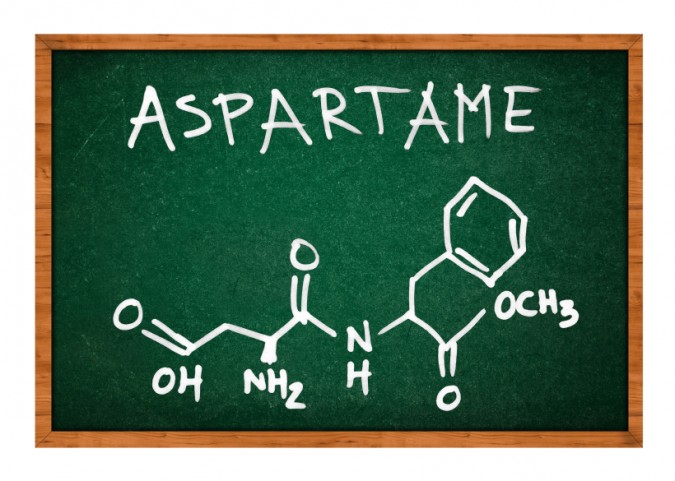
The World Health Organization (WHO) and the Joint Food and Agriculture Organization (FAO)/WHO Expert Committee of Food Additives (JECFA) recently released conflicting assessments on the use of the artificial non-sugar sweetener (NSS) – aspartame.
In the WHO’s July 14 hazard and risk assessments of aspartame, the International Agency for Research on Cancer (IARC) classified the NSS used in diet sodas to most possibly cause cancers. On the other side of the coin, JECFA reaffirmed the acceptable daily intake of artificial sugar at 40 mg/kg body weight.
The recent IARC study published in the Lancet indicated that: “Aspartame was classified as ‘possibly carcinogenic to humans‘ (Group 2B) based on ‘limited’ evidence for cancer in humans. There was also ‘limited’ evidence for cancer in experimental animals and ‘limited’ mechanistic evidence.” (Related: Aspartame declared a POSSIBLE CARCINOGEN by WHO cancer arm, but regulatory agencies still insist it’s safe.)
The WHO also recommended against the use of “false sugar” in general as it actually could not manage body weight and may increase the risk of noncommunicable diseases.
“The recommendation is based on the findings of a systematic review of the available evidence which suggests that the use of NSS does not confer any long-term benefit in reducing body fat in adults or children. Results of the review also suggest that there may be potential undesirable effects from long-term use of NSS, such as an increased risk of type 2 diabetes, cardiovascular diseases, and mortality in adults,” the WHO website read.
Francesco Branca, WHO Director for Nutrition and Food Safety, pointed out that people would instead need to consider other ways to reduce free sugars intake, such as consuming food with naturally occurring sugars, like fruit, or unsweetened food and beverages.
“NSS are not essential dietary factors and have no nutritional value. People should reduce the sweetness of the diet altogether, starting early in life, to improve their health, he added.
As if not clearly coordinating within the organization, JEFCA issued on July 14 the summary and conclusion of the 96th meeting on safety evaluation of certain food additives, that yes, there is “no reason” to change the acceptable daily intake established between 0 and 40 mg/kg.
“Following oral exposure, aspartame is fully hydrolyzed in the gastrointestinal tract of humans and animals into three metabolites: phenylalanine, aspartic acid and methanol. The Committee, therefore, reaffirmed that there is no systemic exposure to aspartame after dietary exposure,” the statement read. “The Committee concluded that there was no concern for genotoxicity of oral exposure to aspartame.”
Did a Coca-Cola front group sway a @WHO review of #aspartame? At least six out of 13 JECFA panel members have ties to ILSI, a longtime Coca-Cola front group.https://t.co/xtYxJpmKB8
— Gary Ruskin (@garyruskin) July 19, 2023
French publication Le Parisien highlighted in a recent article what could have influenced JEFCA to outrightly sway from the IARC classification and the May 2023 WHO guideline on the discouragement to use NSS. At least six out of 13 JECFA panel members have ties to the International Life Sciences Institute (ILSI), a longtime Coca-Cola front group. Also, the chair and vice chair of the JECFA panel have ties with the organization as well.
This a blatant display of conflict of interest as a regulatory group should never be in any way affiliated with any groups associated with food companies, in this case.
“ILSI claims to do science for the public good, but in reality, it is a pressure group for the ultra-processed food industry, Gary Ruskin, director of the American NGO US Right To Know (USRTK), slammed the conspiring organizations.
USRTK website cited the following JECFA panelists to have ILSI ties:
- Sue Barlow, former member of an ILSI committee (ILSI International Food Biotechnology Committee)
- Diane Benford (chair), former member of an ILSI Europe expert group
- Richard Cantrill (vice-chair), former participant in an ILSI Europe panel
- Jean-Charles Leblanc, former member of an ILSI Europe expert group
- Josef Schlatter, former member of the ILSI Health and Environmental Sciences Institute (HESI) board of trustees
- Michael DiNovi, former member of an ILSI Europe expert workgroup.
USRTK is a nonprofit investigative public health group that works to expose corporate wrongdoing and government failures that threaten health.
Check out Sweeteners.news for more news related to artificial sugar substitutes such as aspartame.
Sources for this article include:
Submit a correction >>
Tagged Under:
artificial sweetener, aspartame, cancer criminals, carcinogen, clean food watch, conspiracy, diet coke, food science, front group, health science, IARC, ILSI, JEFCA, manipulation, products, research, sugar substitute, sweeteners, toxic ingredients, WHO
This article may contain statements that reflect the opinion of the author
RECENT NEWS & ARTICLES
COPYRIGHT © 2017 INGREDIENTS NEWS


